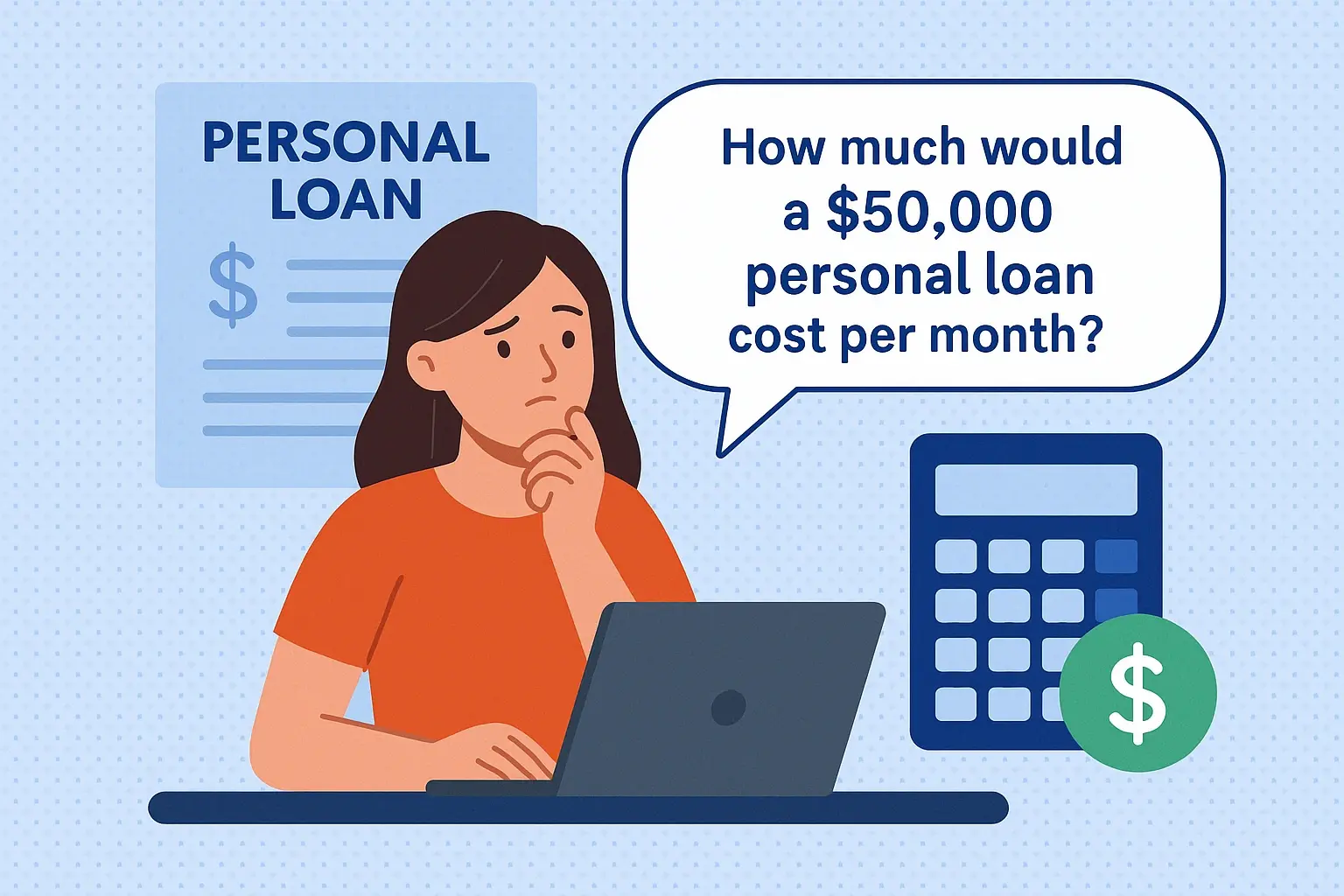-
Posted on: 04 Mar 2024

-
In the dynamic world of finance, timing is everything. Whether you're a homeowner upgrading to a new property, a real estate investor seizing a golden opportunity, or a business navigating a cash flow crunch, sometimes you need access to funds quickly, before other financing options become available. This is where bridge loans, also known as bridging loans or gap financing, step in to fill the void.
What is a Bridge Loan?
A bridge loan is a short-term financing solution designed to "bridge" the gap between one financial event and another. Think of it as a temporary lifeline, providing immediate access to funds when other options are not readily available. These loans are typically secured by collateral, most often real estate, and are repaid once more permanent financing is secured or an asset is sold.
Key Characteristics of Bridge Loans:
- Short-Term Duration: Bridge loans usually have terms ranging from a few months to a year.
- Higher Interest Rates: Compared to traditional mortgages or long-term loans, bridge loans typically carry higher interest rates due to their shorter term and higher risk profile.
- Secured by Collateral: They are almost always secured by an asset, most commonly real estate. The loan amount is usually a percentage of the asset's value.
- Fast Funding: Bridge loans are known for their speed, providing quick access to funds when time is of the essence.
- Repayment Source Defined: Lenders require a clear plan for repayment, such as the sale of a property, refinancing into a more permanent loan, or receiving payment from a business contract.
When are Bridge Loans a Good Option?
Bridge loans aren't for everyone, but they can be incredibly valuable in specific situations. Here are some common scenarios where a bridge loan might be the right choice:
Real Estate Transactions:
This is perhaps the most common use case for bridge loans.
Buying a New Home Before Selling Your Old One:
Imagine you've found your dream home but haven't yet sold your current property. A bridge loan can provide the funds needed to purchase the new home without having to wait for the sale of your existing one. Once your old home sells, you use the proceeds to repay the bridge loan.
Investing in Fix-and-Flip Properties:
Real estate investors frequently use bridge loans to purchase properties, make necessary renovations, and then quickly resell them for a profit. The bridge loan covers the purchase and renovation costs, and is repaid with the proceeds from the sale.
Commercial Real Estate Development:
Bridge loans can provide funding for short-term projects or to bridge the gap between construction financing and permanent financing.
Business Operations:
Businesses also utilize bridge loans for various purposes:
Covering Short-Term Cash Flow Gaps:
Unexpected expenses, seasonal fluctuations, or delayed payments from clients can create cash flow challenges. A bridge loan can provide the necessary funds to cover these temporary gaps until the business receives expected revenue.
Funding Expansion Opportunities:
If a business needs to quickly capitalize on a time-sensitive opportunity, such as purchasing inventory at a discount or acquiring a competitor, a bridge loan can provide the necessary capital.
Awaiting Long-Term Financing Approval:
Applying for and receiving long-term business financing can take time. A bridge loan can provide interim financing to keep the business running smoothly while the longer-term financing is being processed.
The Pros and Cons of Bridge Loans
Like any financial tool, bridge loans have both advantages and disadvantages. Understanding these pros and cons is crucial for making an informed decision.
Pros:
- Speed and Flexibility: Bridge loans offer fast access to funds and can be tailored to specific needs.
- Capitalize on Opportunities: They allow you to seize time-sensitive opportunities that would otherwise be missed.
- Increased Buying Power: In real estate, they can increase your buying power and allow you to purchase a new home before selling your old one.
- Flexibility in Repayment: Repayment options are often flexible and can be structured to align with your expected income or asset sale.
Cons:
- Higher Interest Rates: Bridge loans typically have higher interest rates than traditional loans.
- Fees and Costs: Origination fees, appraisal fees, and other closing costs can add to the overall expense.
- Risk of Foreclosure: If you are unable to repay the loan on time, you risk losing the asset used as collateral.
- Stringent Requirements: While faster than traditional loans, lenders still require documentation and a clear repayment strategy.
Understanding Bridge Loan Rates and Fees
Bridge loan rates are typically higher than conventional mortgage rates due to the short-term nature and higher risk associated with these loans. Interest rates can vary significantly depending on factors such as:
- Credit Score: A good credit score can help you secure a lower interest rate.
- Loan-to-Value (LTV) Ratio: The LTV ratio is the amount of the loan compared to the value of the asset being used as collateral. A lower LTV ratio (meaning you're borrowing a smaller percentage of the asset's value) typically results in a lower interest rate.
- Repayment Plan: A clear and credible repayment plan can also influence the interest rate.
- Lender: Different lenders offer different rates and fees, so it's important to shop around.
In addition to interest rates, be prepared for other fees and costs, including:
- Origination Fees: These are fees charged by the lender for processing the loan.
- Appraisal Fees: An appraisal is required to determine the value of the asset being used as collateral.
- Closing Costs: These costs include title insurance, recording fees, and other administrative expenses.
- Prepayment Penalties: Some bridge loans may have prepayment penalties, which are fees charged if you repay the loan early. Be sure to understand these penalties before taking out a loan.
Alternatives to Bridge Loans
Before committing to a bridge loan, explore alternative financing options. These might be more suitable depending on your specific circumstances:
- Home Equity Line of Credit (HELOC): If you have sufficient equity in your home, a HELOC can provide a flexible source of funds. However, approval can take time.
- Personal Loans: Unsecured personal loans can be an option for smaller funding needs, but they typically come with higher interest rates than secured loans.
- Seller Financing: In real estate transactions, the seller may be willing to provide financing.
- Traditional Mortgage Refinancing: If the need stems from a new property purchase and you can qualify, refinancing your existing home loan could be an option.
- Line of Credit (Business): For businesses, a business line of credit offers flexibility and access to funds as needed.
How to Choose the Right Bridge Loan Lender
Selecting the right lender is crucial for a smooth and successful bridge loan experience. Consider these factors when comparing lenders:
- Interest Rates and Fees: Compare the interest rates, origination fees, and other costs associated with each lender.
- Loan Terms and Conditions: Review the loan terms, including the repayment schedule, prepayment penalties, and any other restrictions.
- Lender Reputation: Research the lender's reputation and track record. Read online reviews and check with the Better Business Bureau.
- Customer Service: Assess the lender's customer service and responsiveness. Choose a lender that is easy to communicate with and provides timely support.
- Loan Amount and Eligibility: Confirm that the lender offers loan amounts suitable for your needs, and assess your likelihood of eligibility based on their lending criteria.
The Bridge Loan Application Process
The application process for a bridge loan typically involves the following steps:
- Gather Documentation: Prepare the necessary documentation, including financial statements, tax returns, and property appraisals.
- Submit Application: Complete the lender's application form and submit it along with the required documentation.
- Underwriting: The lender will review your application and assess your creditworthiness, repayment plan, and the value of the collateral.
- Approval: If your application is approved, the lender will provide a loan commitment.
- Closing: You will sign the loan documents and receive the funds.










